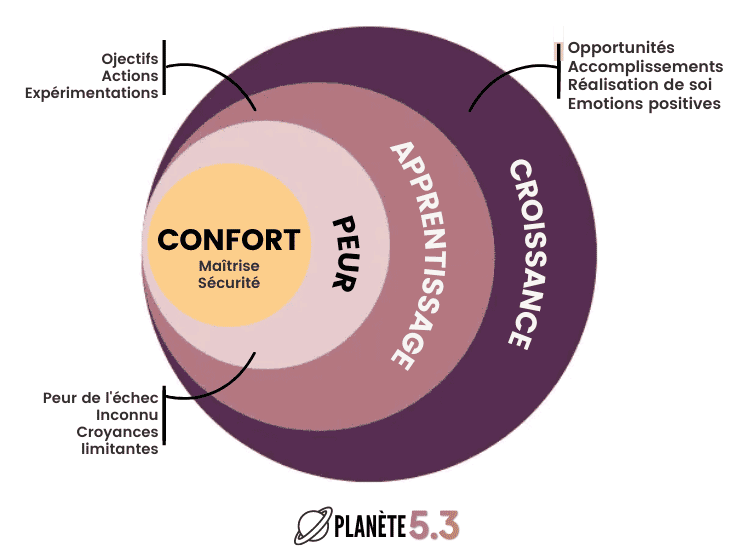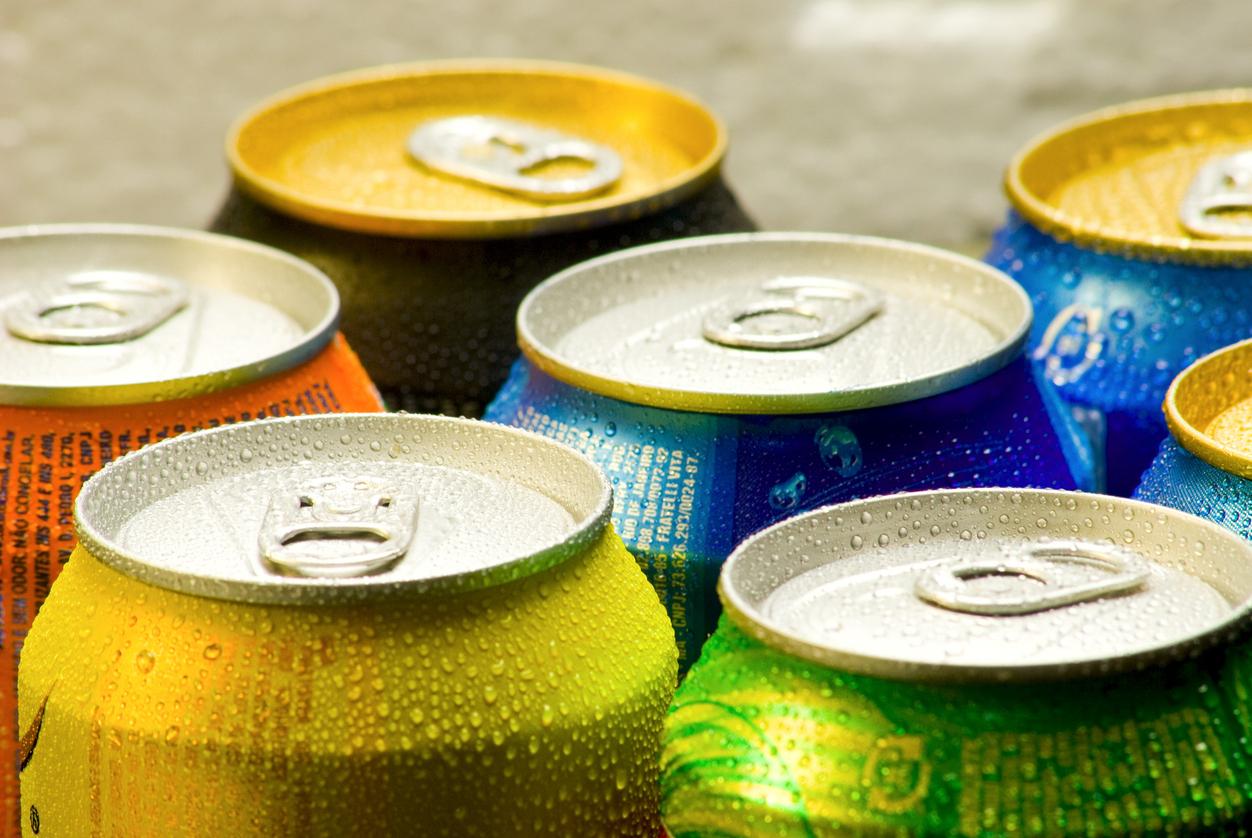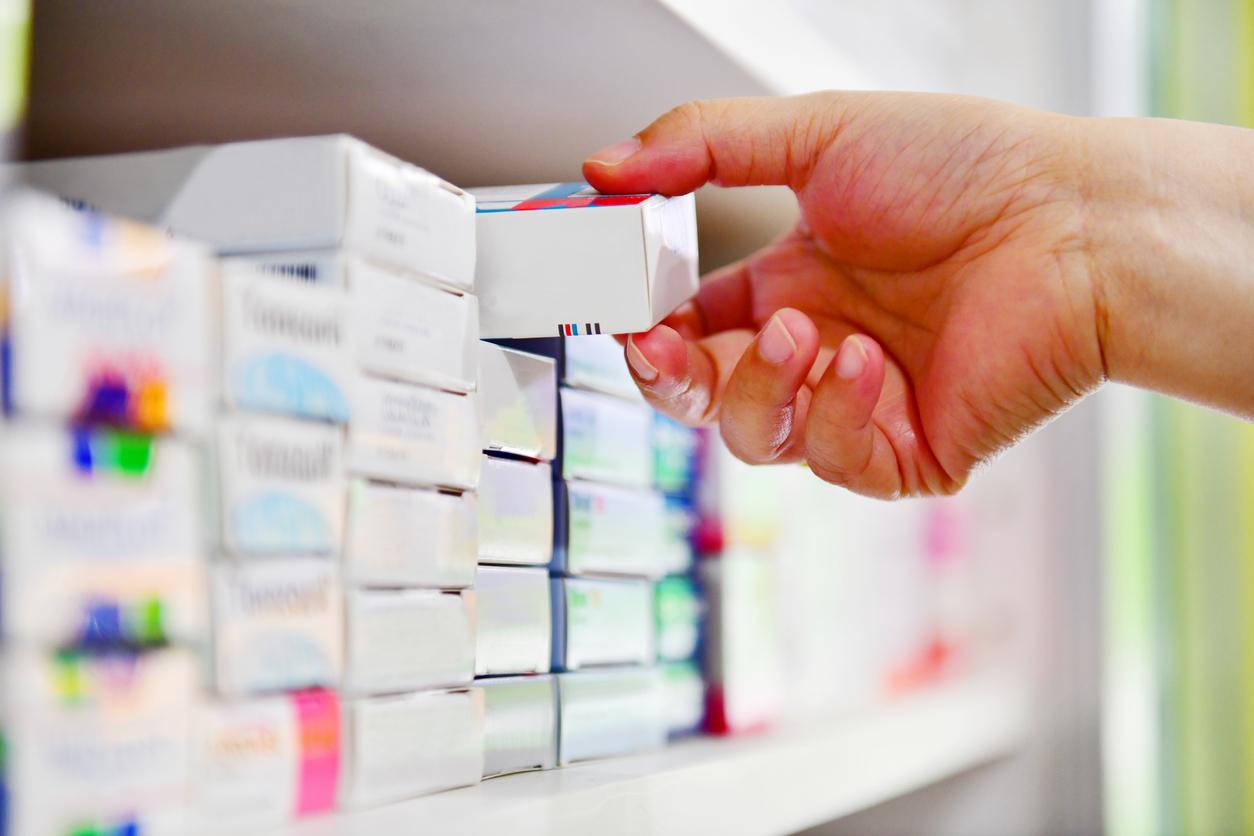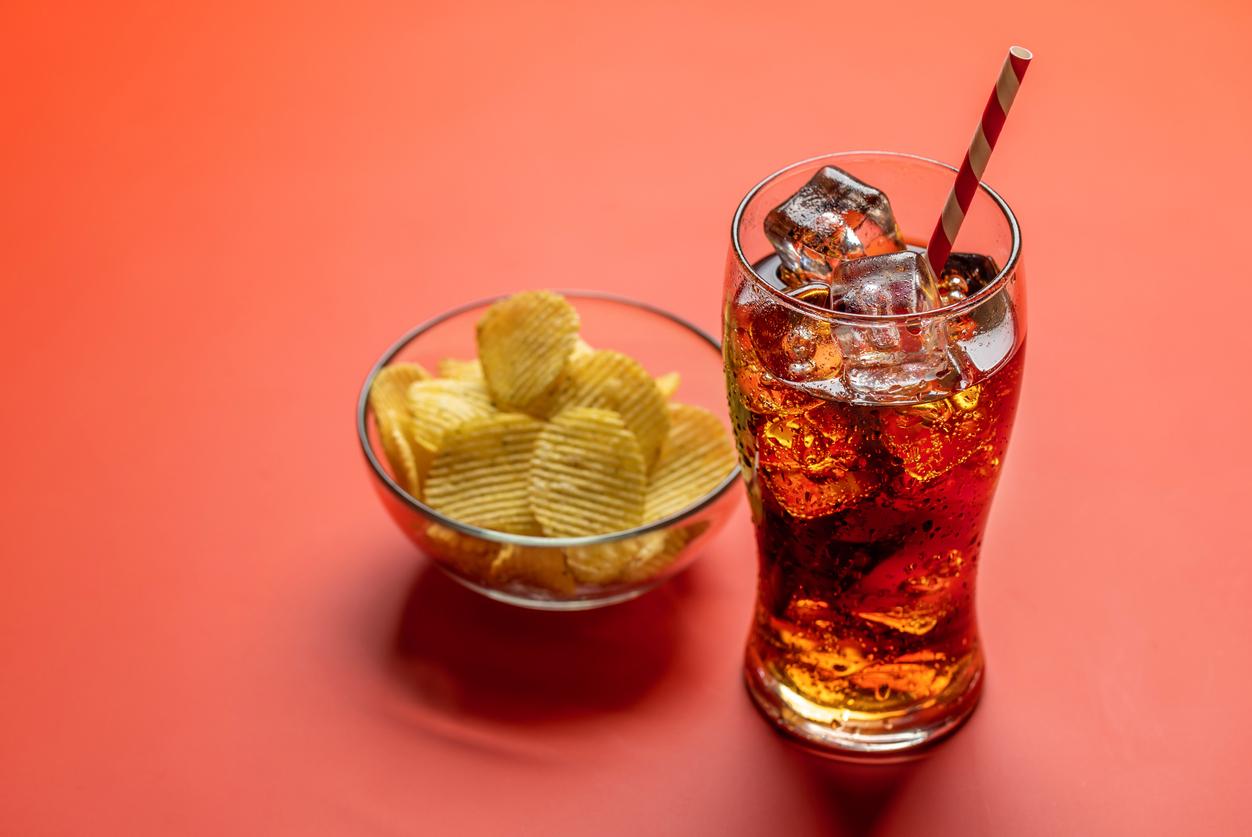False sugars or artificial sweeteners affect the control of blood sugar levels in healthy people. Now we know why: it would be because they disrupt their intestinal flora (microbiota). Explanations
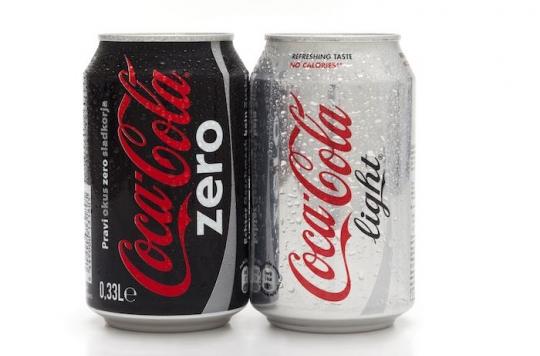
New research presented at the congress EASD reveal that the consumption of sweeteners can change the types of bacteria in the gut. The regulation of sugar levels in the blood (glycemia) would be impaired.
Previous studies on the origin of type 2 diabetes already indicated that regular and high consumption of sugary drinks containing sweeteners was linked to an increased risk of developing the disease, but the underlying mechanism of this phenomenon was so far unknown.
A study on the gut microbiota
A group of 29 people without diabetes was recruited for this study. All were around 30 years old. Fifteen participants were randomized to consume a placebo, while 14 consumed a combination of sweeteners (92 mg of sucralose and 52 mg of acesulfame-K) equivalent to 1.5 liters of diet drink per day.
The dose was administered in the form of capsules which were taken three times a day over a period of two weeks. Stool samples were taken before and after the experiment to determine the types and species of microorganisms present.
The presence of 11 gut bacteria increased
It appears that only 2 weeks of consumption of a sweetener is enough to disrupt the intestinal flora and the body. The study found that people who ingested the sweeteners had a greater variation in the types of microbes present in their stool, as well as a significant reduction in the bacteria Eubacterium cylindroides, which is usually associated with good health.
Populations of beneficial bacterial species (which help ferment food) have also declined, while the presence of 11 gut bacteria has increased.
Poor distribution of intestinal bacteria
In addition, the research team observed that a decrease in the population of the bacteria Butyrivibrio correlated with a decrease in the release of the hormone GLP-1, helping to control blood sugar. The abundance of microbial genes involved in the metabolism of simple sugars such as sucrose and glucose has also been altered.
“In healthy subjects without diabetes, two weeks was enough to disrupt the gut bacteria and increase the abundance of those that are normally absent in healthy subjects,” note the study authors. This predicts “a deterioration in the body’s ability to regulate glucose,” they add. They conclude: “Our results support the concept that these sweeteners interfere with the regulation of glucose uptake and elimination, as well as the balance of bacteria in the gut.”
1.6 million deaths
Strictly speaking, a sweetener is “a substance which imparts a sweet flavor”. Honey, maple syrup, aspartame, saccharin, acesulfame K, sucralose or even maltitolen are. However, the word “sweetener” is most often used to refer to chemicals which impart a sweet flavor without adding calories, or which impart a sweet flavor with fewer calories than sugar.
In 2014, 8.5% of the world’s adult population (18 years and over) had diabetes. In 2015, diabetes was the direct cause of 1.6 million deaths. In France, diabetes affects nearly 3.3 million people, or 5% of the population (Institute for Public Health Surveillance; 2015 figures).

.



